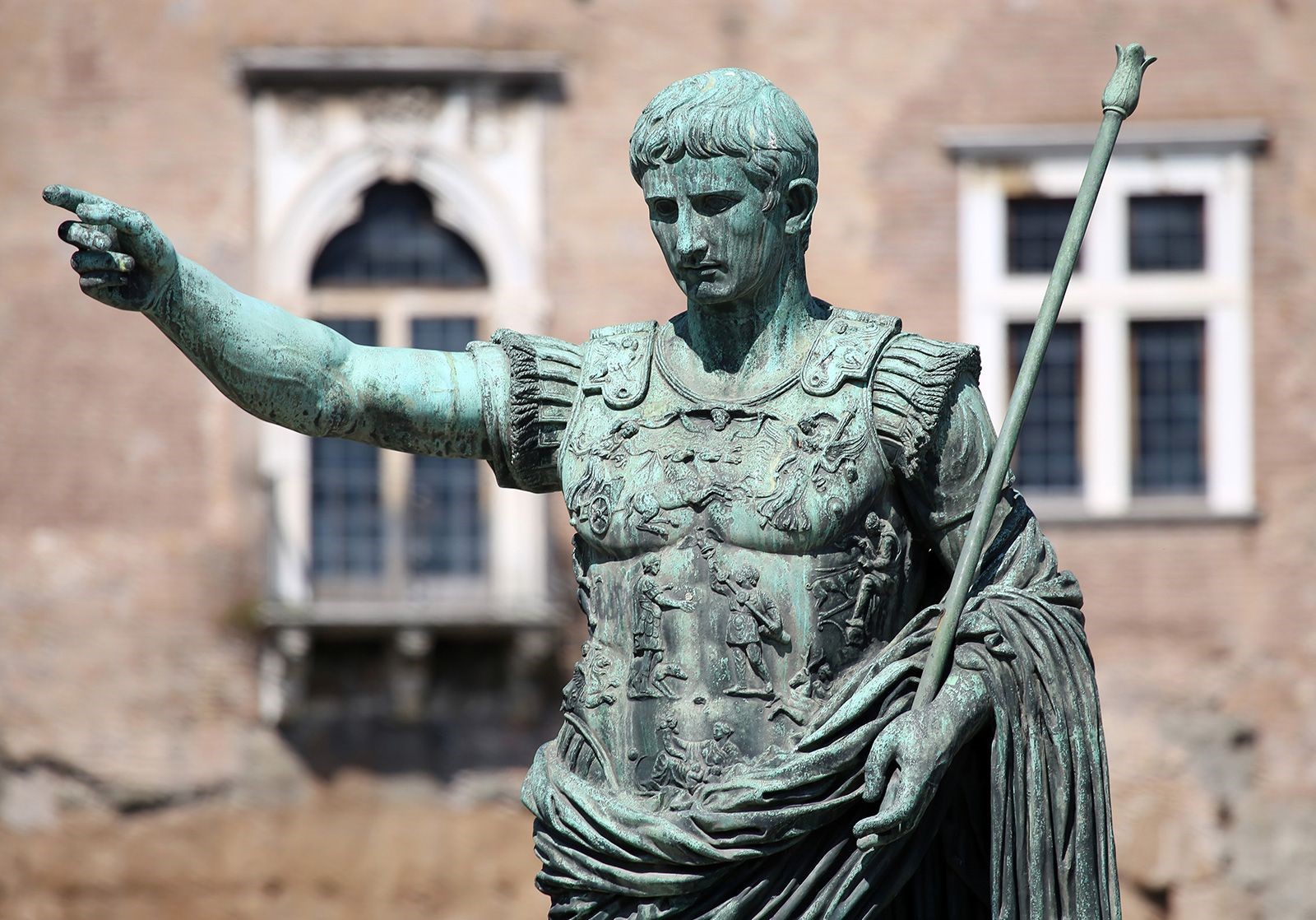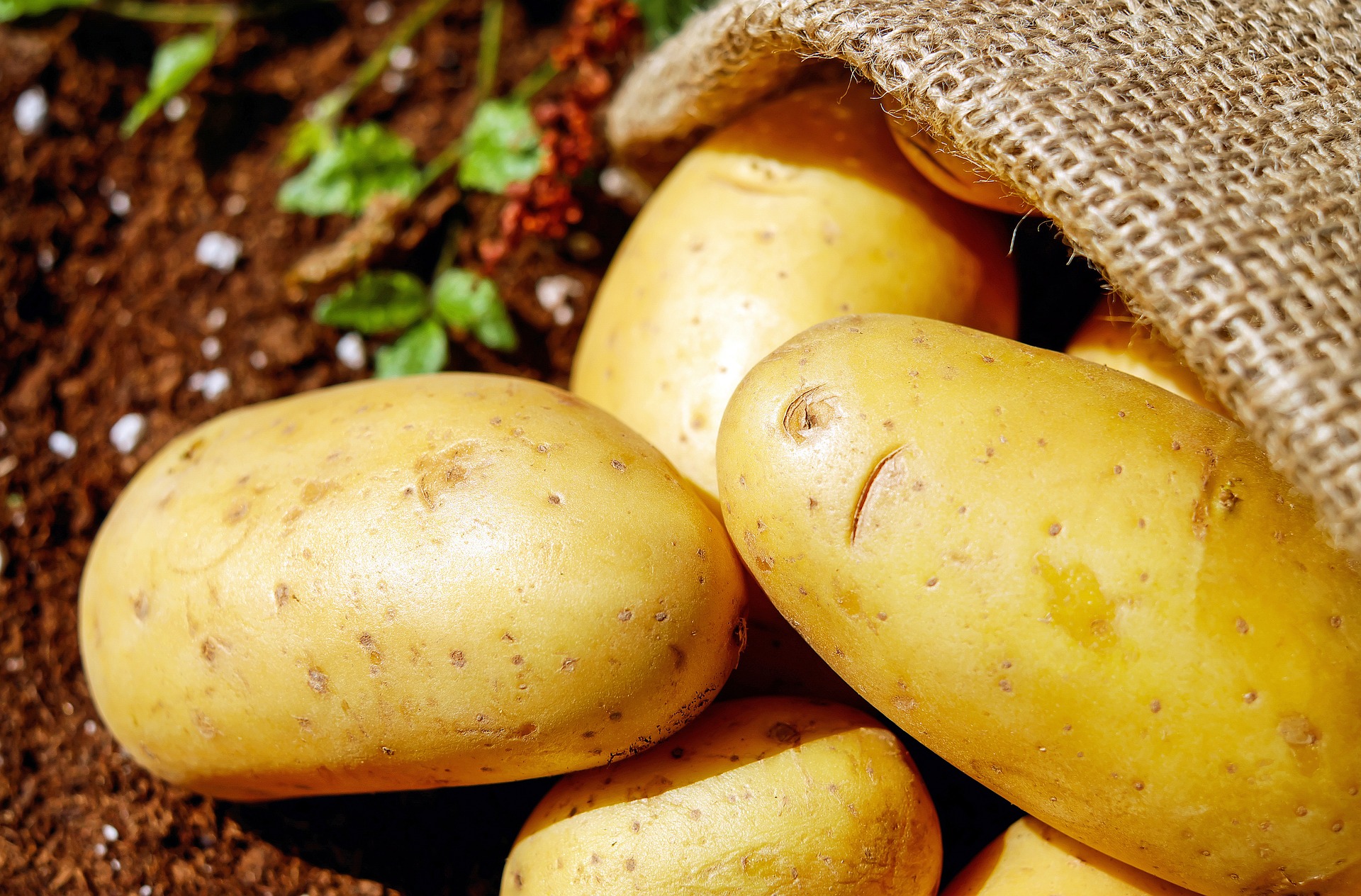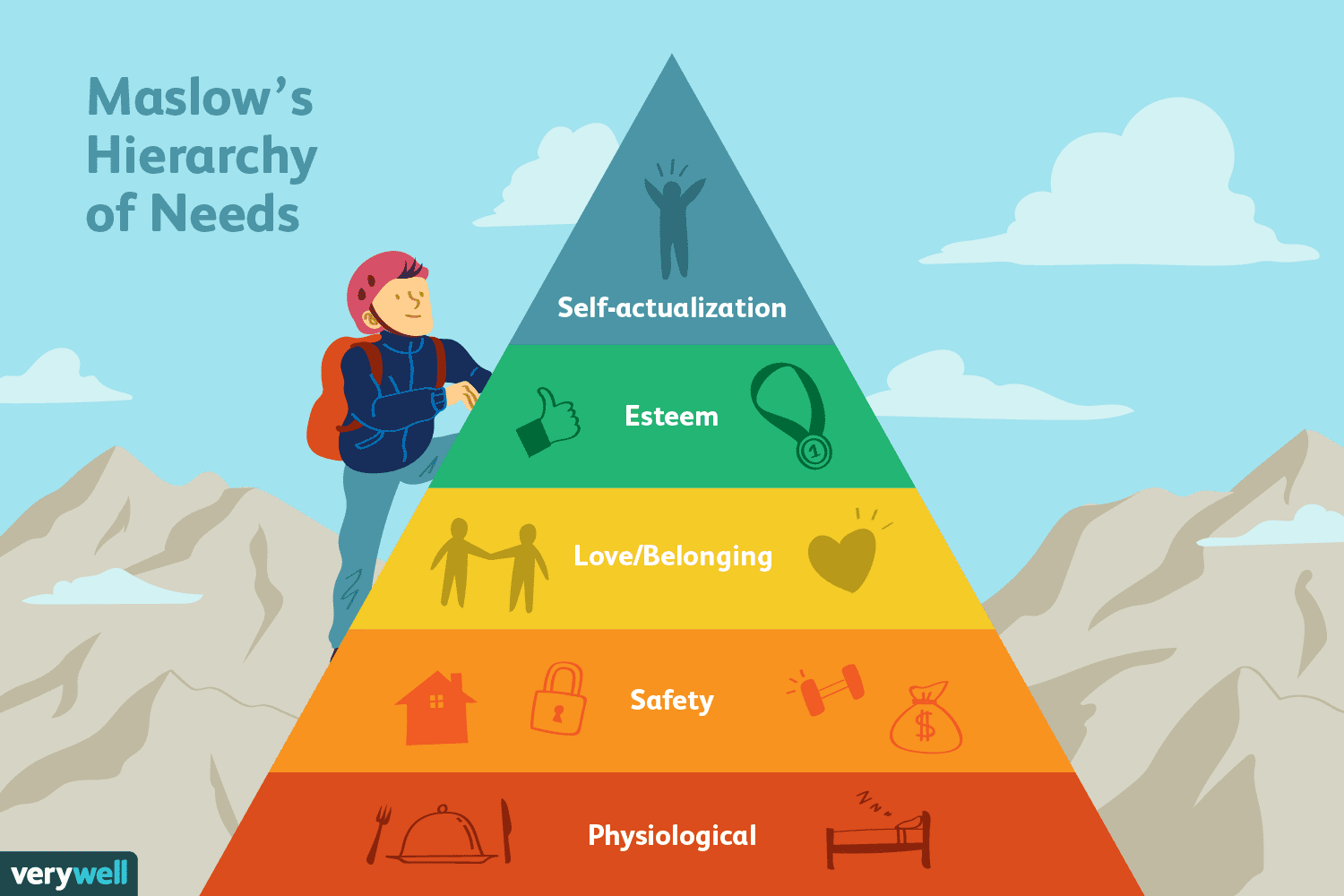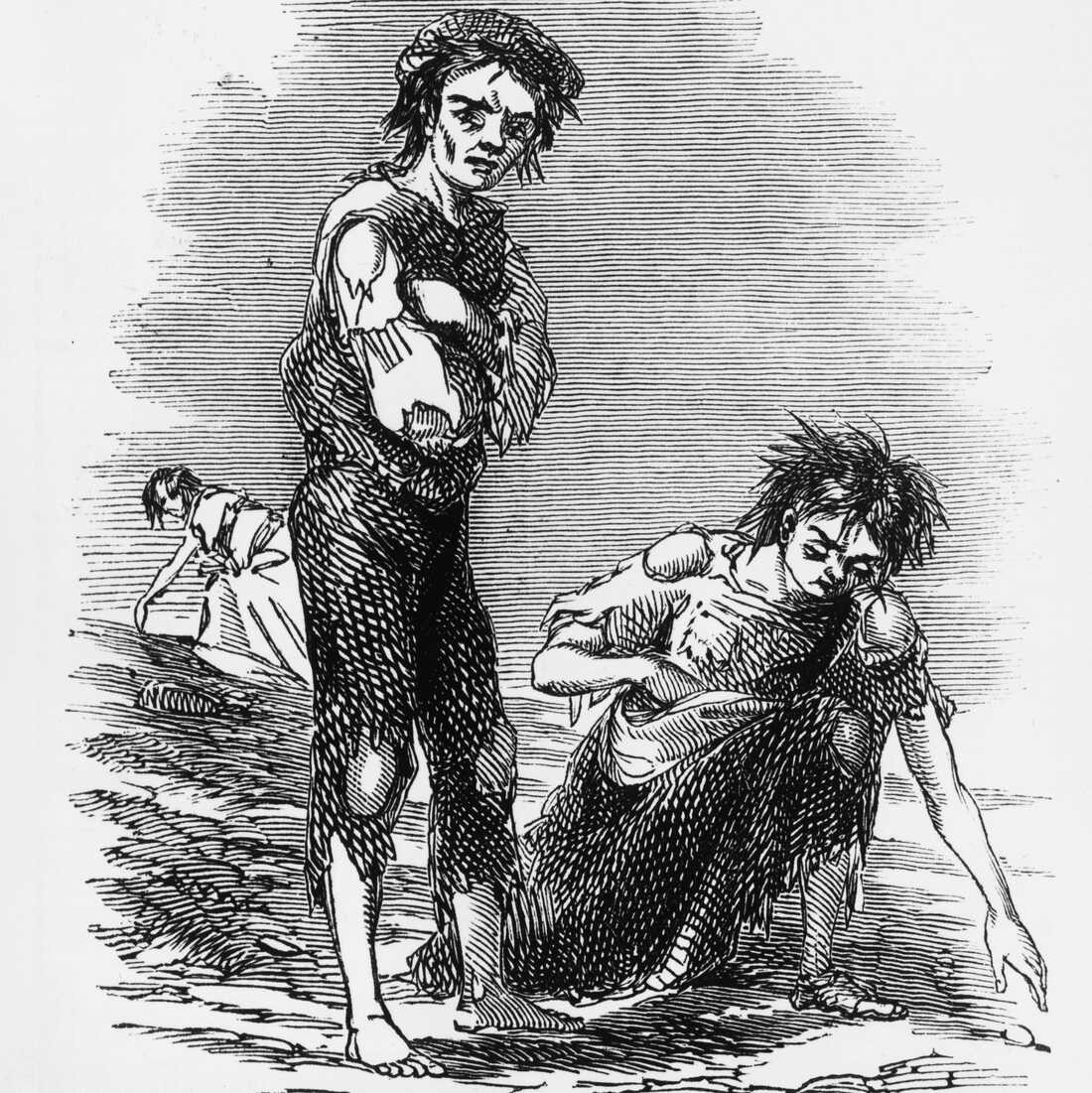‘The only thing new in this world is the history that you don’t know.’
—Harry Truman
Here’s a controversial question: what makes Western civilisation great?
Is it because of its ancient foundations, rooted in Greece and Rome?
Or is it because of the lasting cultural influence of Judaism and Christianity?
Or — to put it bluntly — are Europeans simply superior to everyone else?

Caesar Augustus, one of the greatest leaders in the Greco-Roman world. His influence on us still resonates today. Source: Britannica
Well, that last point is perhaps the most sensitive and prickly. You could say that it has become the biggest source of conflict between the Left and the Right. It goes like this:
- Liberals believe that the Western world has a lot to apologise for. Its history is filled with grotesque crimes — the Crusades, the Inquisition, antisemitism, colonialism, slavery.
- Conservatives believe that the Western world has nothing to apologise for. Its history is filled with incredible progress — the Renaissance, the Enlightenment, democracy, civil society, human rights.
Unfortunately, not a day goes by that I don’t see this culture war play out on my social media feeds. It’s like a soundtrack stuck on a repetitive loop:
- Is the Western world in crisis?
- Does our society need to go Left?
- Does our society need to go Right?
- Is it okay to be white?
- Is it not okay to be white?
I see people argue passionately about these issues. But, somehow, I feel that all the noise misses the point entirely:
- It’s not identity politics that defines Western civilisation.
- Rather, it’s something basic that most people miss entirely. Something elemental.
- To unearth that, I want to give you a rebellious idea.
- I want give you — drum roll, please — the unauthorised biography of the potato.
Did the humble spud save the Western world?

Source: Image by Ilo from Pixabay
The potato is such a staple food that we take it for granted, don’t we?
- It’s omnipresent in our lives.
- It’s anywhere and everywhere.
Why is the potato so popular? Here’s why:
- The potato is the world’s fourth-largest food crop after maize, wheat, and rice. It is a cheap and reliable source of nutrition for millions of people.
- The potato can be grown in a wide range of climates and soil types. It is easy to cultivate and can produce high yields, making it a cost-effective crop for farmers.
- The potato can be stored for extended periods without spoiling, making it a valuable resource during times of scarcity. Because of this, the potato has played an important role in trade, aiding in the growth of civilisations.
That last point is especially critical for our case study:
- You see, the humble potato first evolved in the wild, then was domesticated by people in the South American Andes. Specifically, it happened in what is now Peru and Bolivia.
- When Spanish conquistadors discovered the potato in the 16th century, they brought it back to Europe. The potato evolved further. It became the silver bullet for Europe’s emerging problem with overpopulation and hunger.
- The rest, as they say, is history.
Adam Smith, the greatest Scottish economist ever, praises the potato in his book The Wealth of Nations:
‘The food produced by a field of potatoes is…much superior to what is produced by a field of wheat. No food can afford a more decisive proof of its nourishing quality, or of its being peculiarly suitable to the health of the human constitution.’
William McNeill, in his book How the Potato Changed the World’s History, zeroes in on the global impact of the spud:
‘Potatoes, by feeding rapidly growing populations, permitted a handful of European nations to assert dominion over most of the world between 1750 and 1950.’
Of course, it’s not hard to understand why this happened:
- Think about it: there could no Renaissance or Enlightenment if the most basic European need was not met first — the physiological need for food.
- This is the building block for everything that comes after.

Source: Capgemini
For historical context, you can compare the potato-growing culture in Europe with the rice-growing culture in Asia. Yes, while Asia had impressive civilisations of its own, it could never experience a decisive Renaissance. Here’s why:
- When it’s too wet, rice crops die.
- When it’s too dry, rice crops die.
- When it’s too hot, rice crops die.
- When it’s too cold, rice crops die.
Indeed, rice is fragile compared to its competitor, the potato. For proof of this, you only need to look at China’s 2000-year written history:
- In that time frame, the nation suffered no fewer than 1,800 recorded famines. That’s roughly one famine a year.
- Fortunately, Europe sidestepped all that by having a killer app: the potato.
- This is why, to this day, people of European descent tend to have a glass-half-full mentality — while people of Asian descent tend to have a glass-half-empty mentality.
- Of course, this is just a generalisation. This is not to say that the history of the potato in Europe has always been sunshine and rainbows. The truth is more complicated than that.

Source: James Mahony, The Illustrated London News, public domain via Wikimedia Commons
The potato was at the centre of a geopolitical crisis involving the British Empire. Here’s how it unfolded:
- Between 1845 to 1852, the Irish people suffered greatly from a Great Famine. This happened when disease started spreading across potato crops, directly impacting a third of the population.
- As robust as the potato was, it could not withstand bad land management. Absentee landlordism and single-crop policies by the British government made Ireland vulnerable to a social catastrophe.
- Reportedly, over a million Irish perished in the famine. Many more emigrated out of desperation. This tragedy would have a profound impact, reshaping Irish culture and identity forever.
- ‘To be Irish is to remember.’
The big picture
There are lessons that we can learn from the evolution of the potato in Western civilisation. Lessons that shouldn’t be ignored. About resilience. About innovation. About courage. So, right now, here’s what you need to think about:
- Are you risking your wealth by putting all your assets in just one country?
- Have you made an urgent effort to diversify your portfolio?
- Have you built a resilient stream of global income?
- Are you doing enough to protect yourself?
- Are you doing enough to protect your family?
At Wealth Morning, we run what may be the only active night-trading desk in New Zealand for our Eligible and Wholesale Clients:
- Every week, we aim to buy into exceptional companies in the Australia, the USA, the UK, and beyond.
- Our focus is on sectors that offer the perfect balance of growth and income.
- Our mission? To capture pockets of outstanding opportunity where we can.
- We are mindful that history has a lot to teach us about how to protect and grow wealth.
Regards,
John Ling
Analyst, Wealth Morning
(This article is commentary and the author’s personal opinion only. It is general in nature and should not be construed as any financial or investment advice. To obtain guidance for your specific situation, please consult a licensed Financial Advice Provider.)





John is the Chief Investment Officer at Wealth Morning. His responsibilities include trading, client service, and compliance. He is an experienced investor and portfolio manager, trading both on his own account and assisting with high net-worth clients. In addition to contributing financial and geopolitical articles to this site, John is a bestselling author in his own right. His international thrillers have appeared on the USA Today and Amazon bestseller lists.